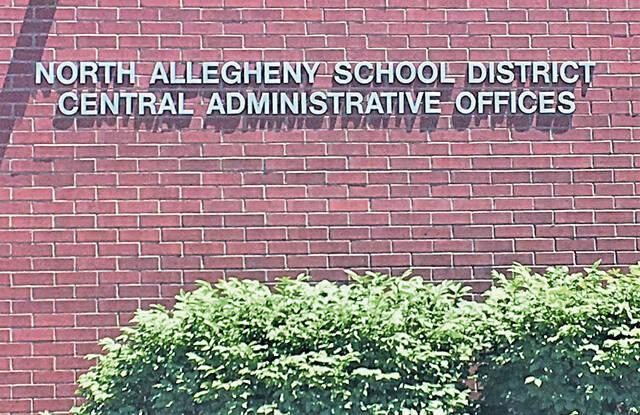https://naviga.triblive.com/local/north-allegheny-board-to-meet-in-special-session-about-controversial-auditor-general-report/
North Allegheny board to meet in special session about controversial Auditor General report

The North Allegheny School Board has scheduled a special meeting Feb. 8 to discuss a state audit that criticized the school district for raising taxes even though the district had millions in cash on hand.
The meeting will be 7 p.m. in the Central Administrative Office’s Board Room.
At issue is how the districts used a 2006 law — Act 1 — while budgeting for the upcoming school year.
The law requires districts to keep annual property tax increases to within a so-called “index” that limits the amount they can levy based on a formula calculated by the state.
If district officials want to raise taxes above the cap they must get an exception from the state or seek approval from voters through a referendum.
The state grants referendum exceptions if districts need the money to meet pension obligations, pay for special education and to cover the cost of payments on previous construction debt and building projects approved by voters.
North Allegheny was one of 12 school districts audited. Auditor General Timothy L. DeFoor, in presenting the findings on Jan. 25, said that while doing the audits “some startling trends began to appear to our auditors, like moving money around to make sure a district would always meet the threshold to raise taxes.”
The audit explicitly states that while the districts it reviewed broke no laws, their actions placed an unnecessary burden on taxpayers.
If the 12 school districts sought tax increases this way, he said, “it’s not a stretch to say that it’s common practice across the state,” he said.
North Allegheny officials issued a statement following the release of the report saying that the district “fully complied with the audit” and “was in compliance with legal requirements for designating our general fund monies.”
In a written response to auditors that was included in the audit report, district officials agreed with the findings and said they would take steps to adopt five recommendations for how tax cap exceptions are used to balance a budget.
The audit report also included recommendations for state lawmakers aimed at requiring school districts to use the money they have on hand before raising property taxes.
Recommendations also have been made for how the state education department can do a better job of granting exceptions.
Copyright ©2026— Trib Total Media, LLC (TribLIVE.com)
